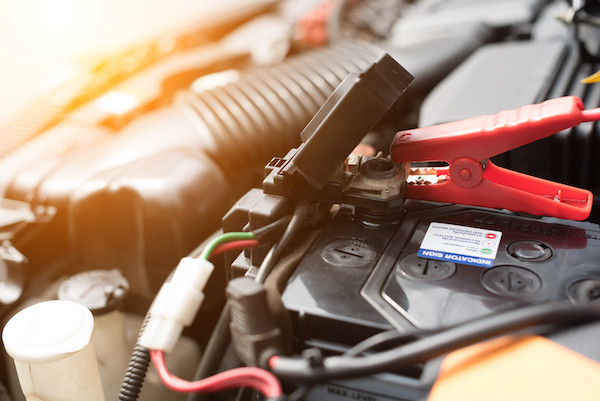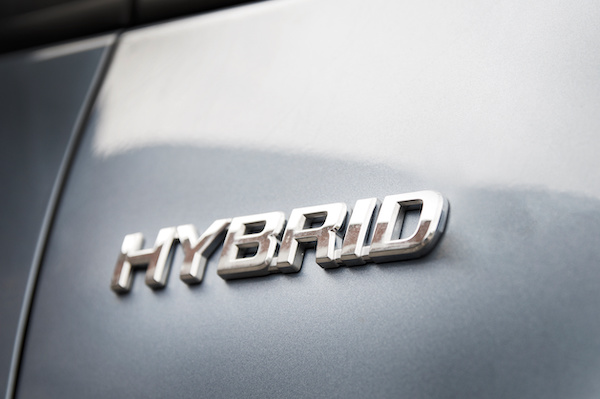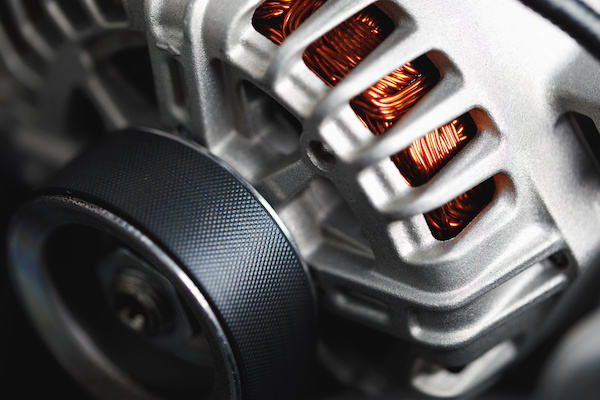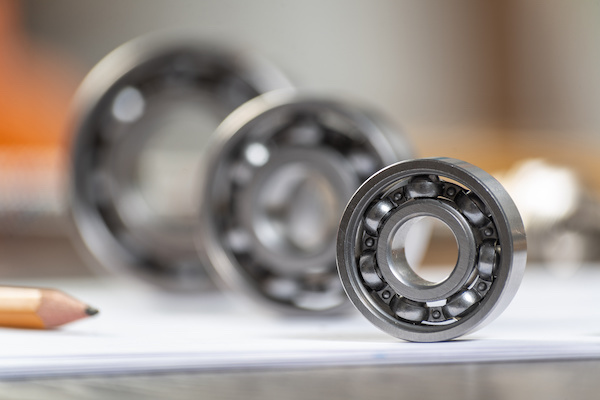Posted on 5/26/2022
.jpeg)
What Is An Engine Tune-up? To preserve your engine's performance, it's imperative to go for routine tune-ups. Tune-ups are a vital requirement of preventative maintenance that can help you avoid car-tastrophes as well as keep expensive repairs to a minimum. Additionally, tune-ups can help you pick up potential problems that the onboard diagnostics system isn't able to detect. An engine tune-up is the process of refreshing your car's engine by going through a few key areas to ensure everything is clean and in the correct working order. It's important to note that this may mean taking different steps for different engine types, but usually these steps entail inspecting: The condition of the fluid levels and performing an oil change if necessary. The serpentine belt and hoses for any signs of age such as damage or cracking and replacing if necessary. The engine's fuel-system components to ensure the fuel filter has not clogged up and no damage ... read more
Posted on 3/28/2022

Your car battery manages the electricity your car needs to function. So when it starts going bad, quite a few can go haywire in your car. So how do you notice before it's completely dead? #1 — Weak Headlights When your vehicle's battery is working, your headlights provide plenty of light to illuminate the road. But with a dying battery, your headlights won't get enough electricity to keep them bright. #2 — Physical Signs of a Bad Battery Take a look under the hood. Are there signs of corrosion? This could mean its leaking acid. This could lead to a costly repair, and you should have it checked out as soon as possible. #3 — Engine Backfires If your engine backfires, it could be caused by a dying battery which causes a weak spark leading to your cylinders becoming backed up with fuel, backfiring when it's finally ignited. It's also possible this is caused by a different issue, so it's best to take it to a mechanic for a check-up. #4 &mdash ... read more
Posted on 12/21/2021

In short, the answer is Yes! At Dickerson Automotive, our team has a wide range of experience, including maintenance and repairs on Hybrid vehicles. Standard Maintenance for Hybrids Most people commonly believe that owning a hybrid or electric vehicle will require more complex maintenance procedures, leading to more costly expenses. Though there are some other things to take care of, basic hybrid vehicle maintenance doesn't differ significantly from standard vehicles. Hybrid drivers still need routine oil changes, brake inspections, tire rotations, fluid checks, and transmission maintenance. The Differences in Maintenance Still, there are a few differences in caring for a hybrid vehicle versus a standard car. There are different types of hybrid engine systems out on the market. When considering "full hybrid" vehicles, they have the capability to turn off their internal combustion engine and run exclusively on the electric motor under particular conditions. This p ... read more
Posted on 8/27/2021

Most drivers are well aware of their battery and what it does. However, the battery is only one aspect of your vehicle's charging system, and it's not even the most important. To most mechanics, the most vital part of the system is the alternator. The alternator is a mechanical device connected to the engine that runs off your car's serpentine belt. The alternator spins while the engine is operating, which converts mechanical energy into electrical power that powers all of your vehicle's electric features, including (but not limited to) the lights, radio, windows, and more. All vehicle batteries have a full charge output of around 12 volts, which is plenty enough to start your motor. But when your engine is running, your alternator is usually creating additional voltage (occasionally up to 15 volts) due to the demand for specific electrical operations to work. When an alternator does not work correctly, not only will some of your power functions, such ... read more
Posted on 7/16/2021

Wheel bearings are a necessary piece for the hub, tire, and wheel assemblies to work harmoniously. These little things allow for friction-free rotation and movement of the hub assembly, which is a component of your car's steering system. A wheel bearing is a set of round, metal pieces known as ball bearings held together by a ring. Each wheel has its own set of wheel bearings, so your vehicle should have four sets. Your wheel bearings have a heavy influence on how smooth your vehicle rides. It would be highly hazardous to drive with worn-out wheel bearings, as it may cause your wheels to stop turning abruptly. How Long Do Wheel Bearings Last? You should replace wheel bearings every 85,000-100,000 miles; however, this is only an estimate, as it also depends on the quality of the bearings and usage. Unless both bearings on either side of the car are worn, there is no need to replace them all simultaneously. Instead, you should only replace the worn ones. Symptoms o ... read more